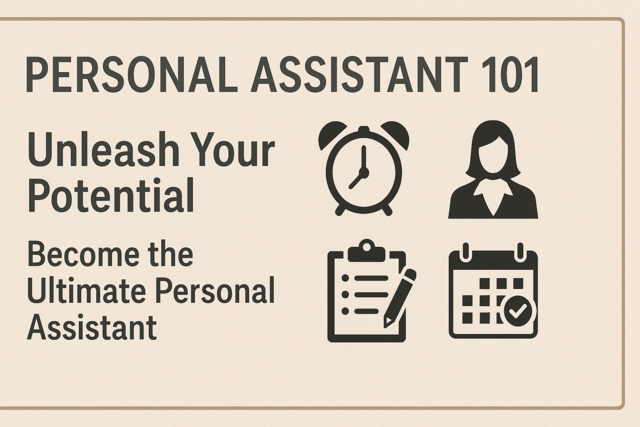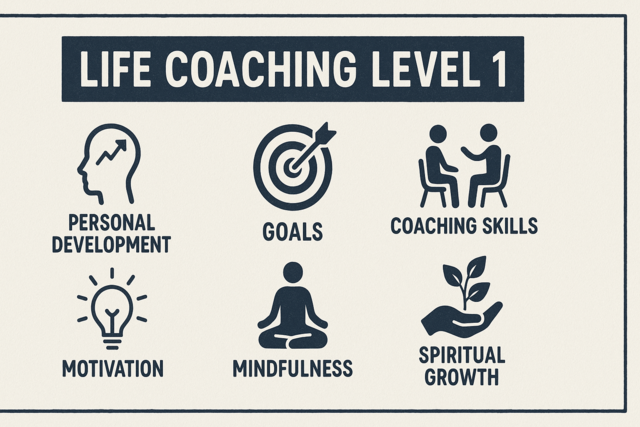Lesson 1. Exploring the Essence of Coaching: Definitions and Values
Coaching methodologies foster environments where both individual and organizational goals are met through strategic action plans and personalized guidance. As the field grows, its capacity to address disciplinary-specific outcomes like employee engagement and leadership development becomes more prominent.
Lesson 2. Confidence Unlocked: A Guide to Building Self-Assurance in Coaching
Confidence in coaching isn't just about knowledge, but also about embracing self-reflection, challenging personal limits, and mastering non-verbal cues. These foundational exercises empower coaches to foster trust and adaptability, which can be transformational for both themselves and their clients.
Lesson 3. Creative Confidence in Coaching
This lesson delves into creativity's importance in coaching, introducing poetry and mind mapping as exercises to inspire innovative problem-solving. These tools promote personal growth and organizational success by enabling coaches to encourage creativity in their coachees.
Lesson 4. Frameworks for Effective Client Meetings
To build impactful coaching sessions, the lesson focuses on the preparatory steps, in-session activities like mindfulness exercises, and detailed follow-ups to ensure continuity and accountability. By fostering an environment of self-reflection and critical thinking, coaches help coachees navigate their challenges and achieve their goals.
Lesson 5. Modeling Skills for Effective Coaching Practice
The lesson emphasizes modeling, a method where learning occurs through imitation, useful in coaching to foster skill acquisition. It presents exercises to help coachees systematize behaviors of admired individuals, thereby integrating them into their repertoire for enhanced performance.
Lesson 6. The Power of Meaningful and Constructive Feedback in Coaching
Observational learning through modeling requires focus and motivation, while productive feedback is pivotal for growth when coaches maintain a constructive and supportive approach. Creating defined feedback structures facilitates client progress within a confidential and supportive framework, fostering accountability and improvement.
Lesson 7. Beyond Feedback: The Meta Mirror Unveiled
In this lesson, coaches learn to structure feedback productively and understand the dynamics of their confidential relationship with clients. Using the meta mirror, originally developed by Robert Dilts, clients gain new perspectives by mentally stepping outside situations to adopt different perceptual positions.
Lesson 8. Relationship Management: The Meta Mirror Approach
This lesson presents exercises that enhance persuasion and communication skills by recognizing different perspectives and styles. By empathizing with others and understanding communication styles, clients can effectively manage diverse interpersonal interactions.
Lesson 9. Cultivating Relationship Management Skills Through Problem Solving
Focusing on outcome frames instead of problem frames fosters a positive mindset, enabling individuals to progress toward goals effectively. Coaching equips clients with tools to break down barriers and harness available resources, fostering growth and problem-solving resilience.
Lesson 10. Overcoming the Rut: Strategies for Moving Forward
The phenomenon of being stuck is explored, showing how it can dampen motivation and lead to client disengagement. Coaches learn to address this by creating awareness and leveraging motivational techniques, such as goal realignment and creative exercises, to revitalize forward momentum.
Lesson 11. Confronting and Resolving Tensions
In this lesson, we learn techniques to revive motivation in individuals who are stuck, focusing on internal and external barriers that hinder progress. It also examines common workplace conflicts and introduces practical exercises for enhancing confidence and handling underperformance.
Lesson 12. Goal-Setting Essentials
The lesson introduces two distinct exercises: one focusing on structured career future planning through visual mapping, and the other utilizing creative role-playing for envisioning an ideal personal and professional life.
Lesson 13. Mastering Goals: An Intro to the GROW Coaching Model
The GROW Model simplifies goal-setting by focusing on Goals, Reality, Obstacles, and Will, offering a structured yet flexible framework for coaching. Coaches use the model to facilitate decision-making and problem-solving, enhancing client self-awareness and commitment.
Lesson 14. Group Coaching Essentials
The GROW method is a coaching framework providing a structured approach to goal setting and problem-solving, consisting of Goals, Reality, Obstacles/Options, and Will/Way Forward. Group coaching is an alternative to individual coaching, leveraging shared goals and accountability among coachees to foster a broad reaching and community-driven growth environment.
Lesson 15. Reflect, Recognize, and Refine: A Journey to Self-Awareness
This lesson emphasizes using shared expectations and peer accountability in group coaching to facilitate coachee growth. Focusing on self-awareness, coachees develop better self-perception and stronger interpersonal skills, increasing their effectiveness both personally and professionally.

6 Hours average completion time
0.6 CEUs
15 Lessons
29 Exams & Assignments
15 Reference Files
125 Articles
Mobile Friendly
Last Updated January 2026











